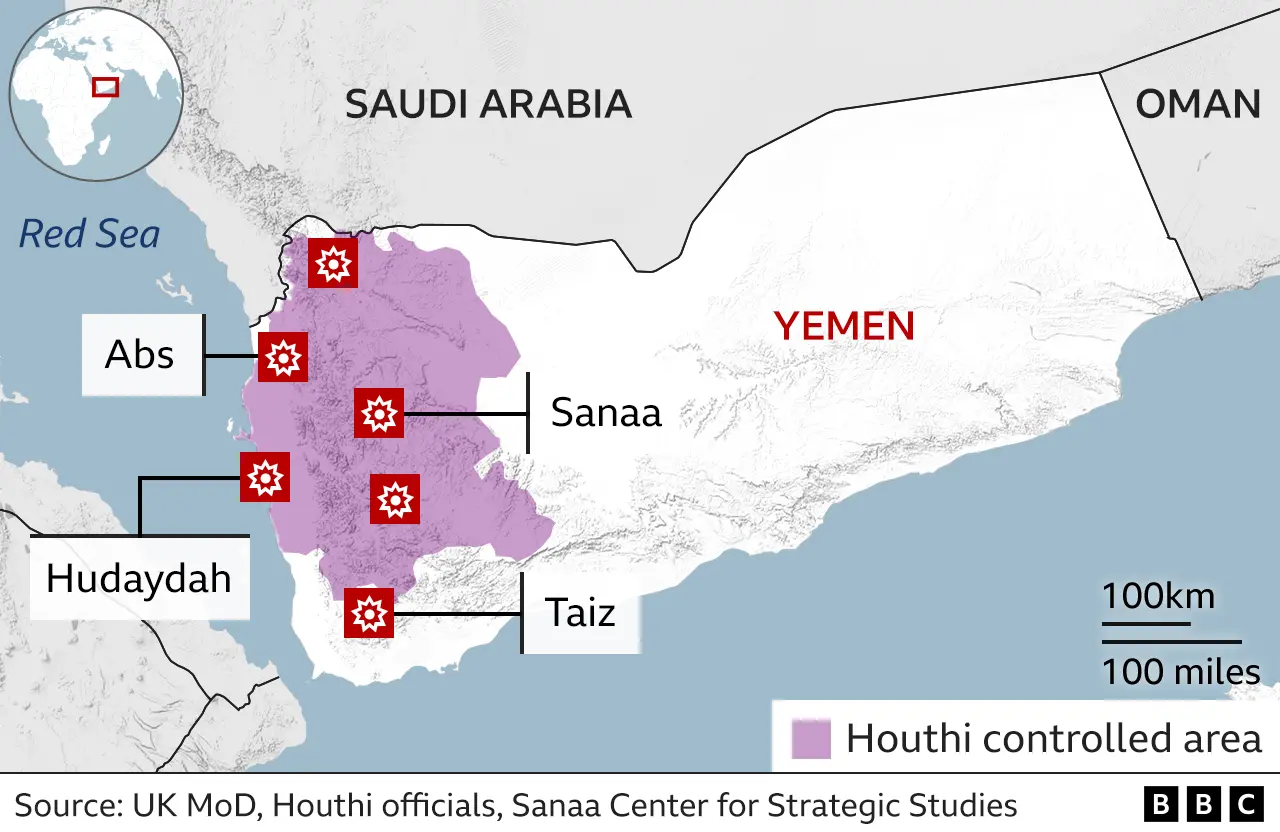The US military is claiming a ‘significant impact’ against the Houthis in Yemen, but predictably, they’re keeping the specifics under wraps. “Maintaining operational security,” they say. Right. More like avoiding accountability, if you ask me. This veil of secrecy is infuriating and frankly, dangerous.
Former President Trump authorized a ramp-up of strikes last month, and the Biden administration is dutifully following through, insisting they’ll keep hitting the Houthis until they stop messing with Red Sea shipping. Sounds simple, doesn’t it? It isn’t.
Recent strikes have been… devastating. We’re talking dozens dead, including a horrifying attack on an oil terminal mid-April that left 74 people deceased, according to the Houthi-controlled Ministry of Health. That’s the deadliest US strike in Yemen to date – a grim milestone.
Let’s be clear: this isn’t a surgical operation. It’s escalating. And the lack of transparency is only fueling the fire.
Understanding the Geopolitical Landscape: The Houthis, an Iran-backed political and military group, control much of Yemen. Their attacks on commercial vessels in the Red Sea are framed as solidarity with Palestinians in Gaza.
The Red Sea’s Strategic Importance: This waterway is vital for global trade. Disruption causes significant economic repercussions, impacting supply chains and raising costs. That’s why the US and its allies are involved.
The Problem with Opacity: Without clear details about targets and civilian casualties, it fosters distrust and breeds resentment. It also undermines any claims of precision or adherence to international law. This lack of clarity allows narratives to flourish that serve the Houthi’s purpose.
Escalation Risks: Increased US involvement risks drawing the US into a wider regional conflict, potentially involving Iran directly. A wider conflict will be catastrophic for the region and for markets. This is a high stakes game, and the current strategy feels reckless.







